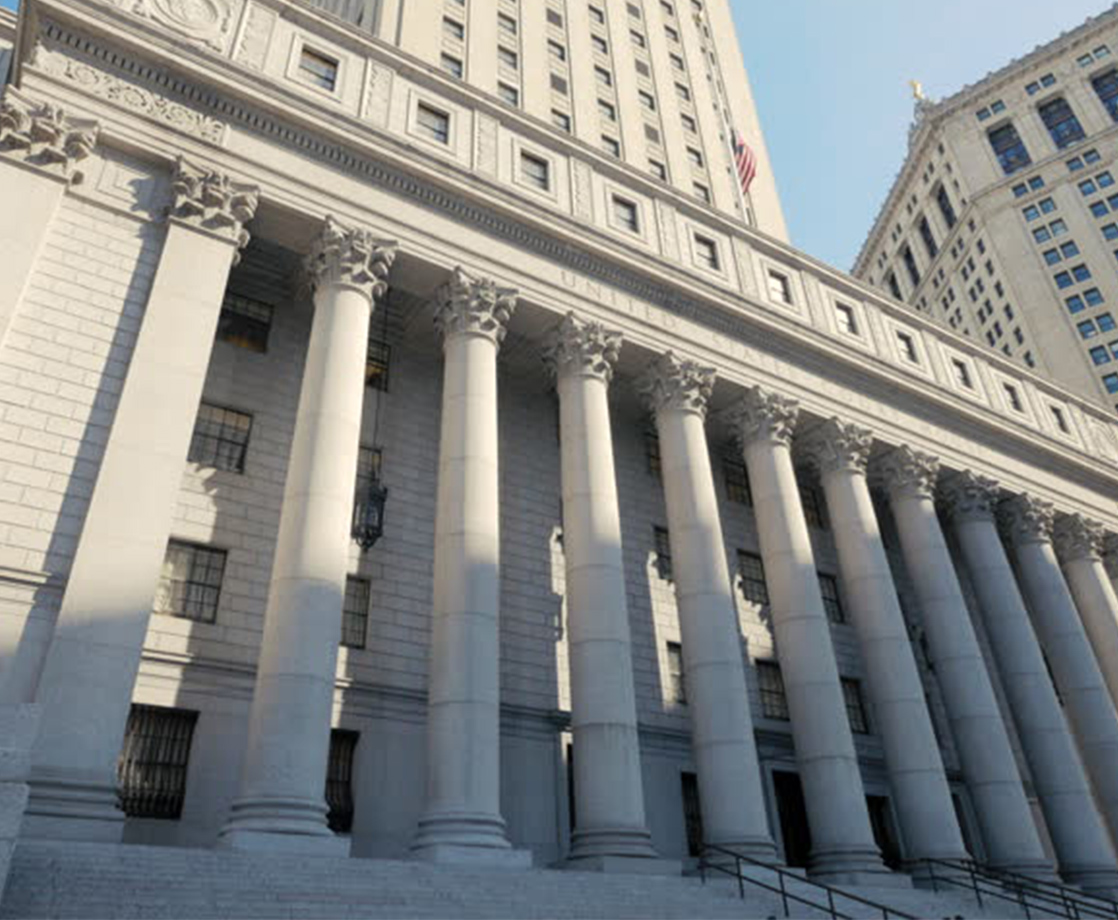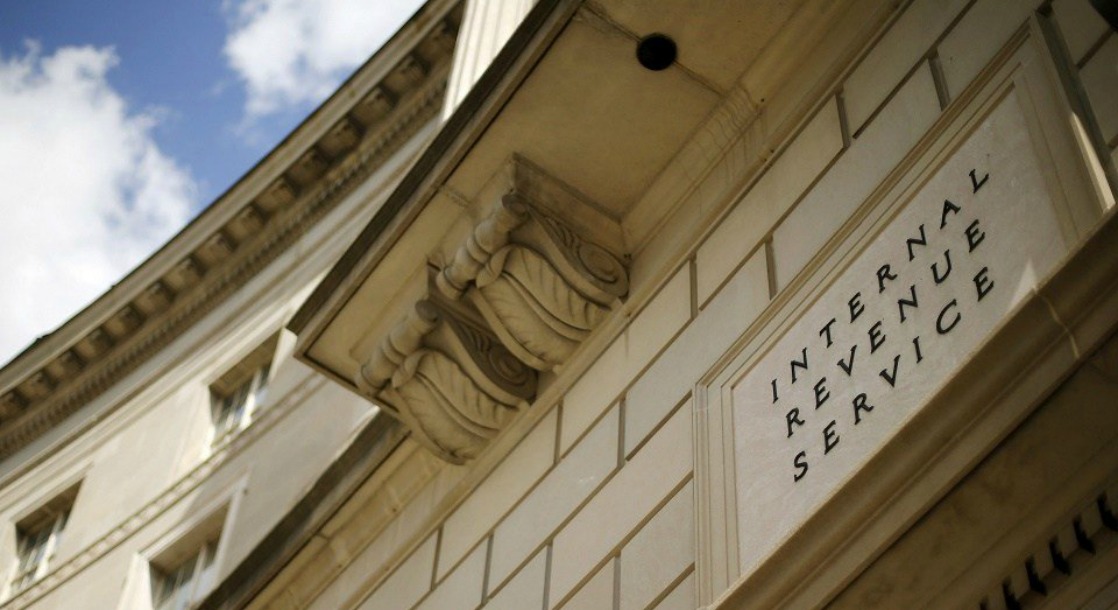A federal judge has dismissed a historic lawsuit against the federal government that sought to put an end to the federal prohibition of cannabis. The suit was filed last July by a interesting mix of plaintiffs, including a 12-year-old girl using medical cannabis to treat her epilepsy, a veteran who treats his PTSD with cannabis, and a former pro-football player who sells CBD products. The plaintiffs argued that the Schedule I classification of cannabis, which lists cannabis as a dangerous drug with no medical value, was unconstitutionally interfering with their right to have access to medicine.
Although the complaint was filed against Attorney General Jeff Sessions, the federal government's defense was handled by U.S. Attorney Samuel Dolinger, who argued that the precedent established by other courts was sufficient grounds to maintain the Schedule I status of cannabis. During the trial, U.S. District Court Judge Alvin Hellerstein agreed with the plaintiffs that this classification made no sense, as the plaintiffs themselves were living proof of the medical efficacy of cannabis.
Despite the strength of the patients' claims, Hellerstein dismissed the case, ruling that the plaintiffs had failed to use other administrative processes within the DEA to challenge the ban before taking the case to the court. In his ruling, the judge made it clear that he was convinced of the medical efficacy of cannabis, and was only denying the plaintiffs' request because he felt the courts were not the proper place to decide if the DEA should change its classification of cannabis.
"I emphasize that this decision is not on the merits of plaintiffs' claim," Hellerstein wrote in his ruling, Marijuana Moment reports. "Plaintiffs' amended complaint, which I must accept as true for the purpose of this motion, claims that the use of medical marijuana has, quite literally, saved their lives." The judge then detailed some of the plaintiffs' experiences with medical cannabis, in order to "emphasize that this decision should not be understood as a factual finding that marijuana lacks any medical use in the United States, for the authority to make that determination is vested in the administrative process."
In a statement, lawyers for the plaintiffs said that they would appeal the decision, which could bring the case to the U.S. Court of Appeals, and from there possibly even to the Supreme Court. According to The Maven, attorney Michael Hiller wrote that "resigning the plaintiffs to the petitioning administrative process is tantamount to a death sentence for those patients who need cannabis to live."
Hiller continued: "Notwithstanding the outcome today, we remain confident that the final disposition of this case will include a finding that the classification of cannabis under the Controlled Substances Act is unconstitutional – freeing millions of Americans to safely treat their conditions with a plant that maintains their health and their lives."
Joseph A. Bondy, another lawyer for the plaintiffs, echoed Hiller, and added that he feels the judge ignored aspects of their argument. "We believe in our claims and we're going to continue to push the ball forward," he said.











